July 11
Another beautiful day for the public dig. Keith was signed up last year and was delighted to rejoin the excavation efforts in 2019.
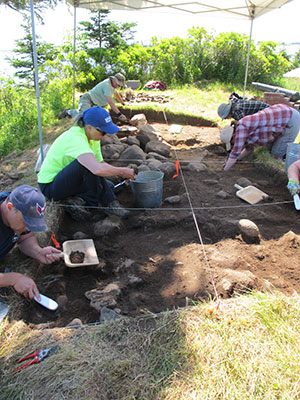
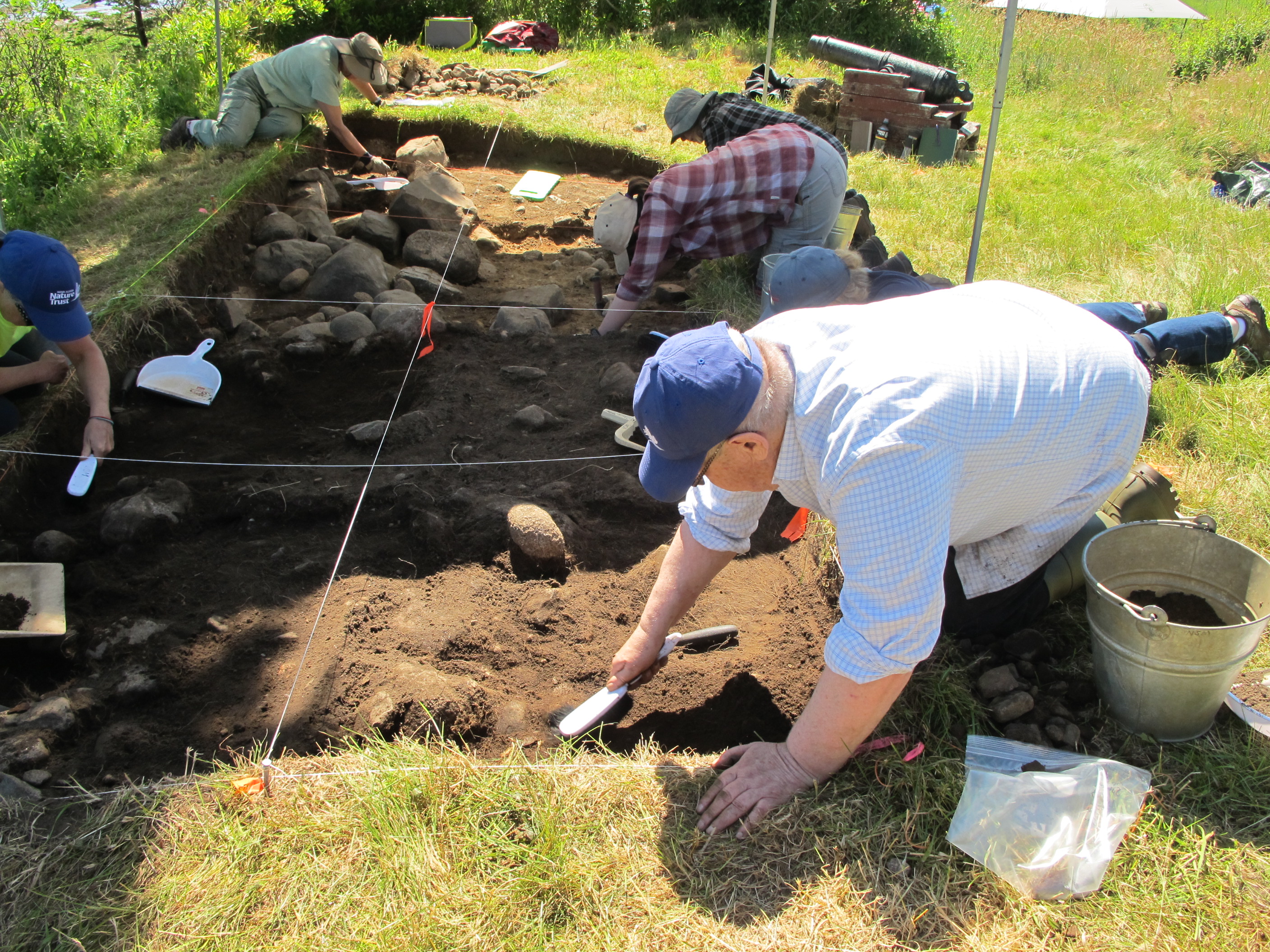
Another beautiful day for the public dig. Keith was signed up last year and was delighted to rejoin the excavation efforts in 2019.

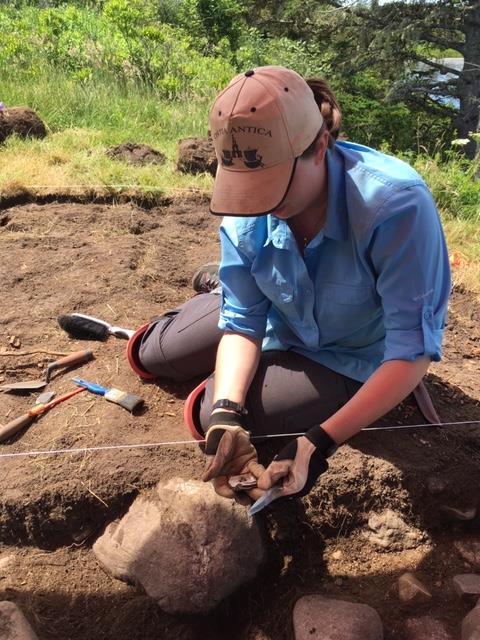
Liz uncovered a new type of earthenware ceramic this week. Red body with a bright white tin glaze. Its a small piece but includes the base, side and rim.
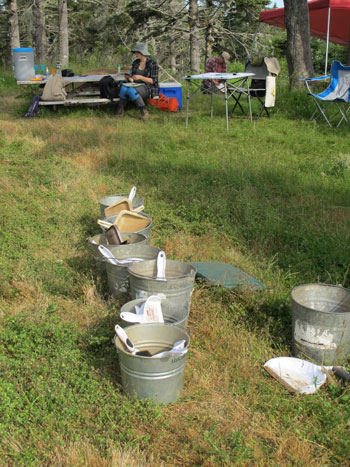
Today we began the public archaeology program. Field gear awaits the arrival of the morning's participants.
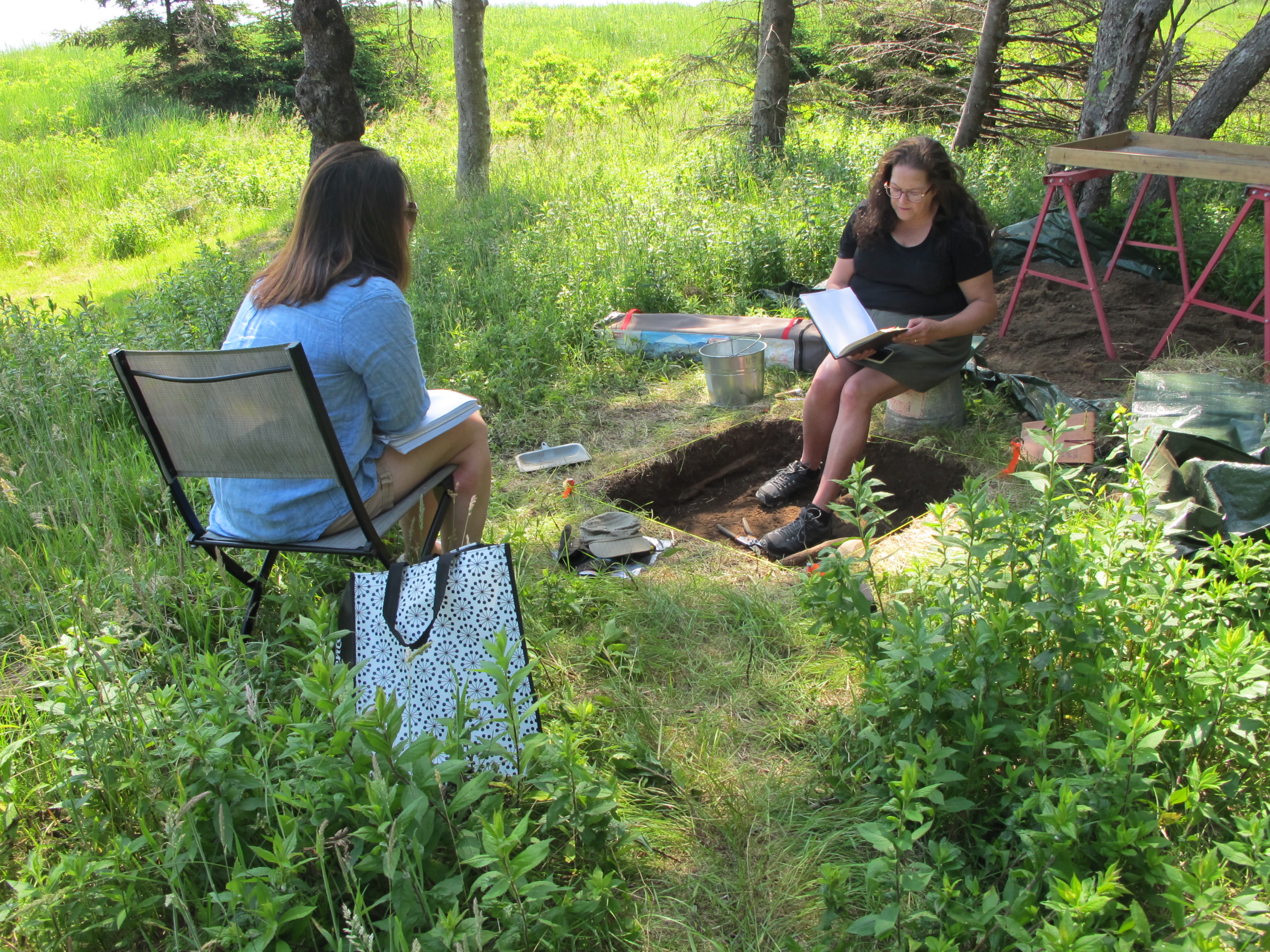
Our community partner on the Fort St. Louis project , the Cape Sable Historical Society, came by today to check in on progress at the site. Members will participate in the public dig this week.
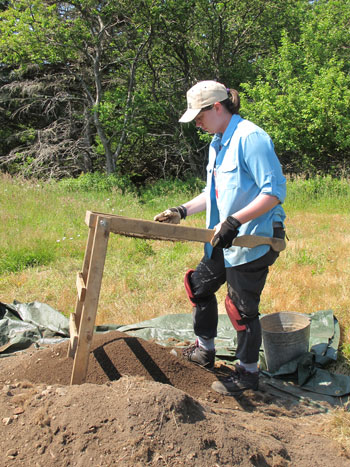
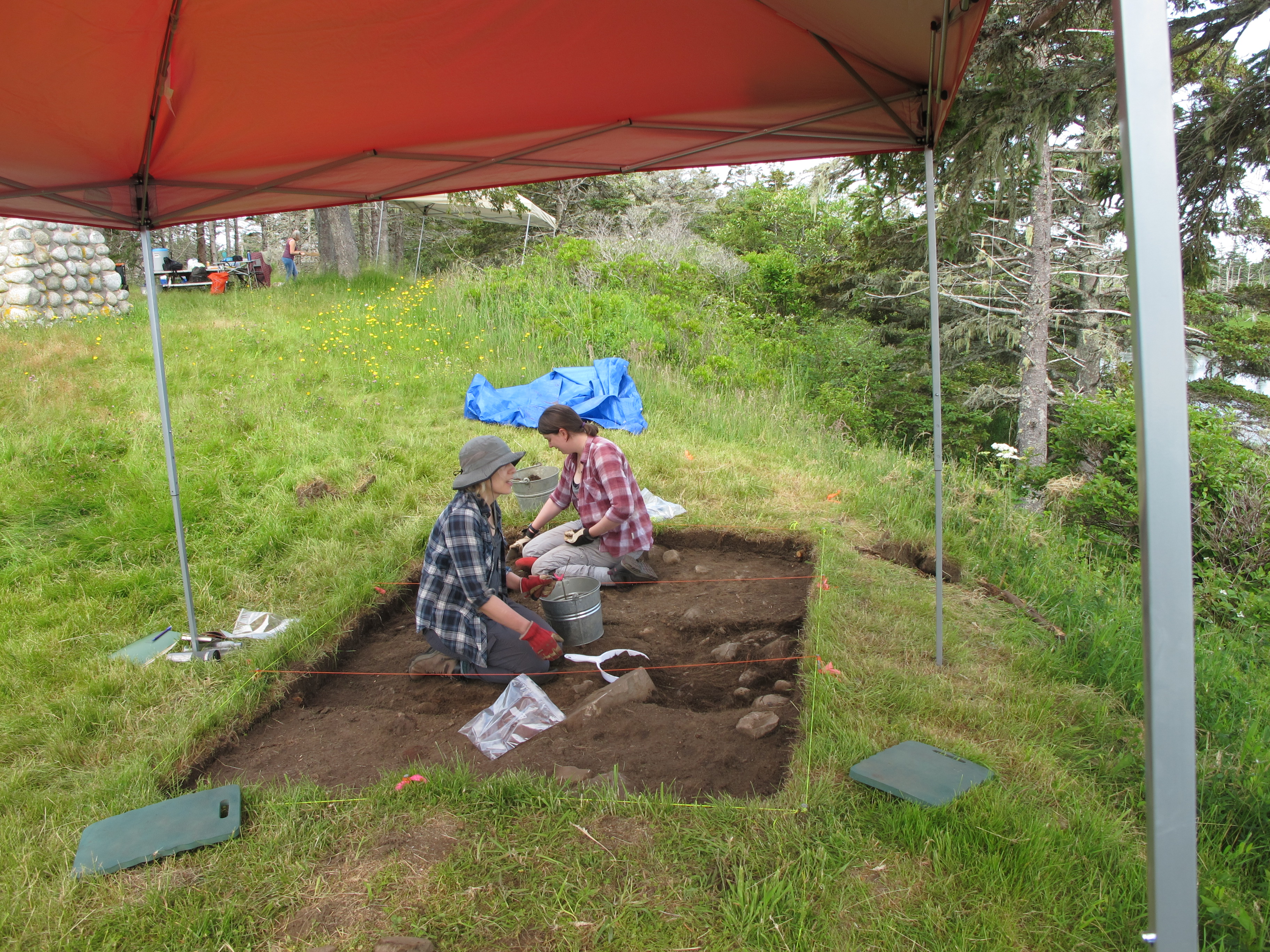
Vanessa and Liz work away at Operation J. The artifacts are steady and Feature 2 wall is emerging.
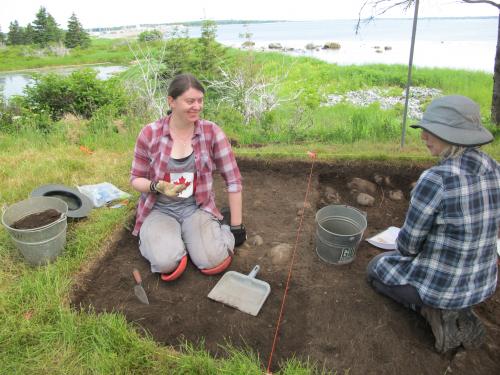
Another artifact for identification. A bit of animal bone.
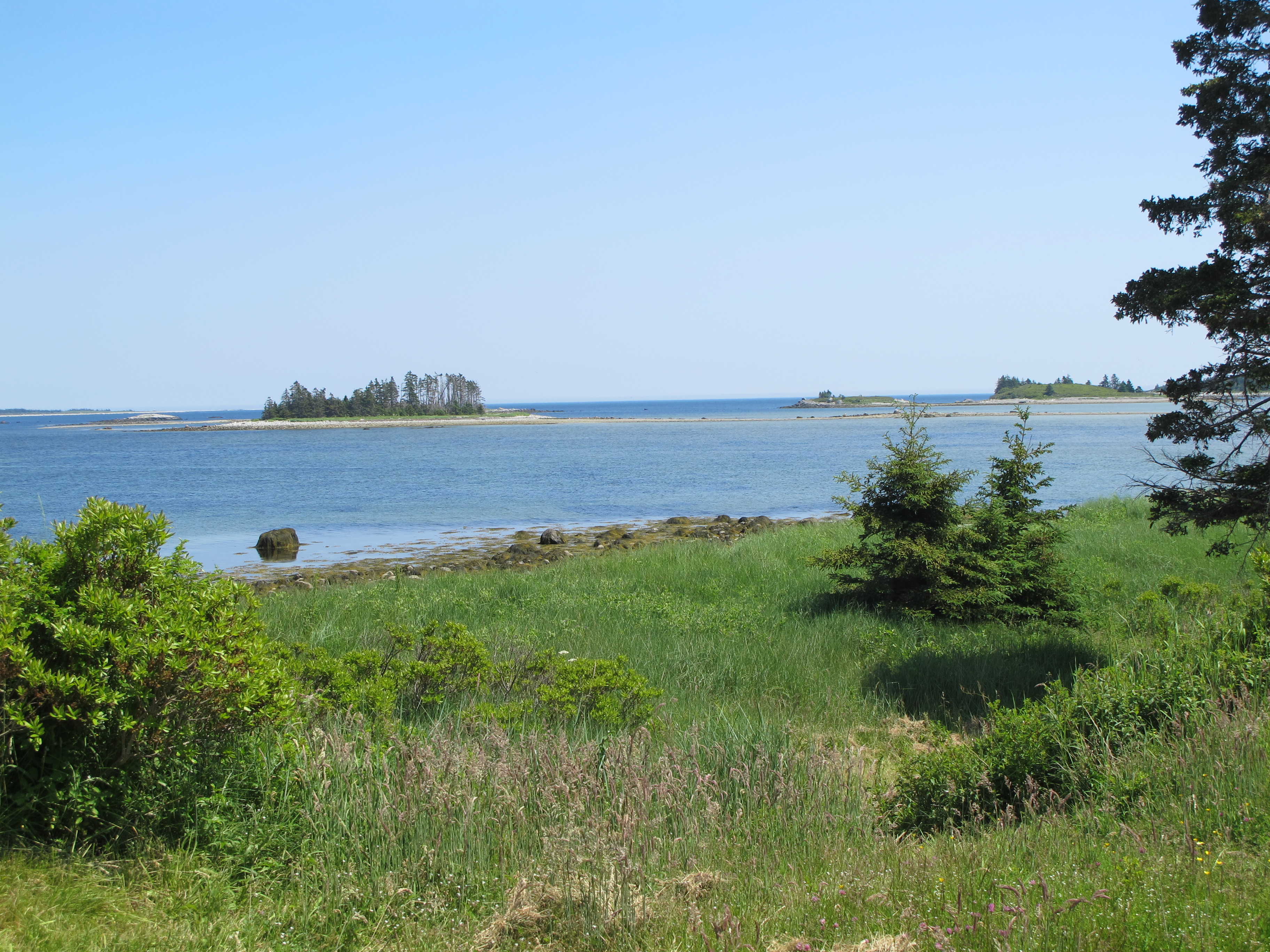
A beautiful day at Fort St. Louis and Wow was it warm. Lots of water on site and we slowed the pace a little.
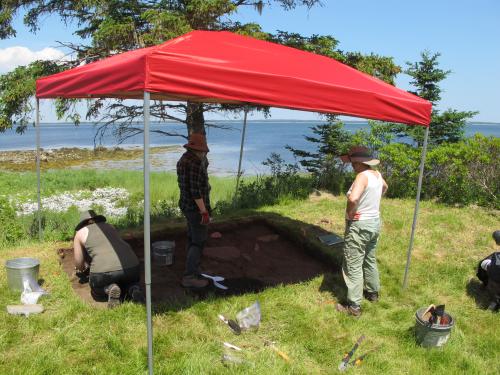
Marion joined the crew again. This is her third year excavating at the site. She is taking a few minutes to see what is happening at the other dig unit and discuss her findings underway at Operation F.
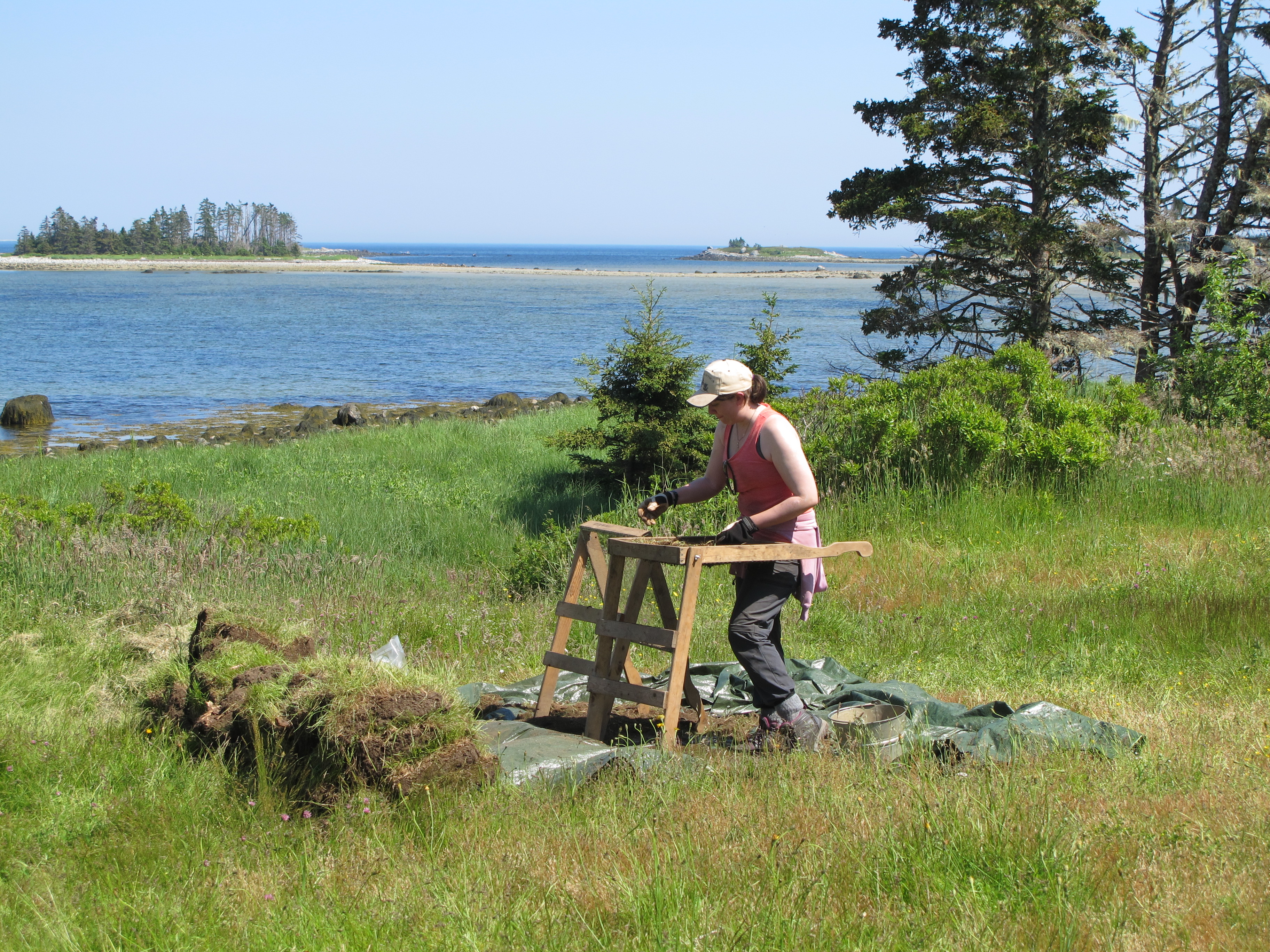
Another beautiful day on the coast of Nova Scotia discovering history
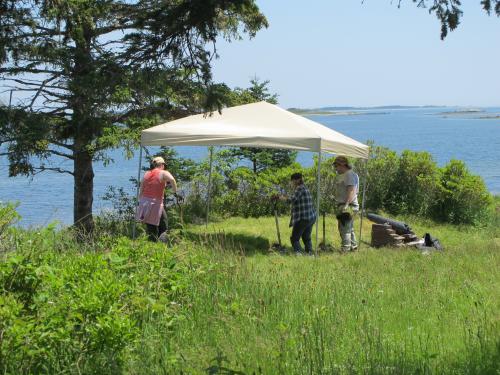
A beautiful and warm day at the Fort St. Louis dig project so, as sod is being removed from new excavation units, the canopy is up. Shade please!
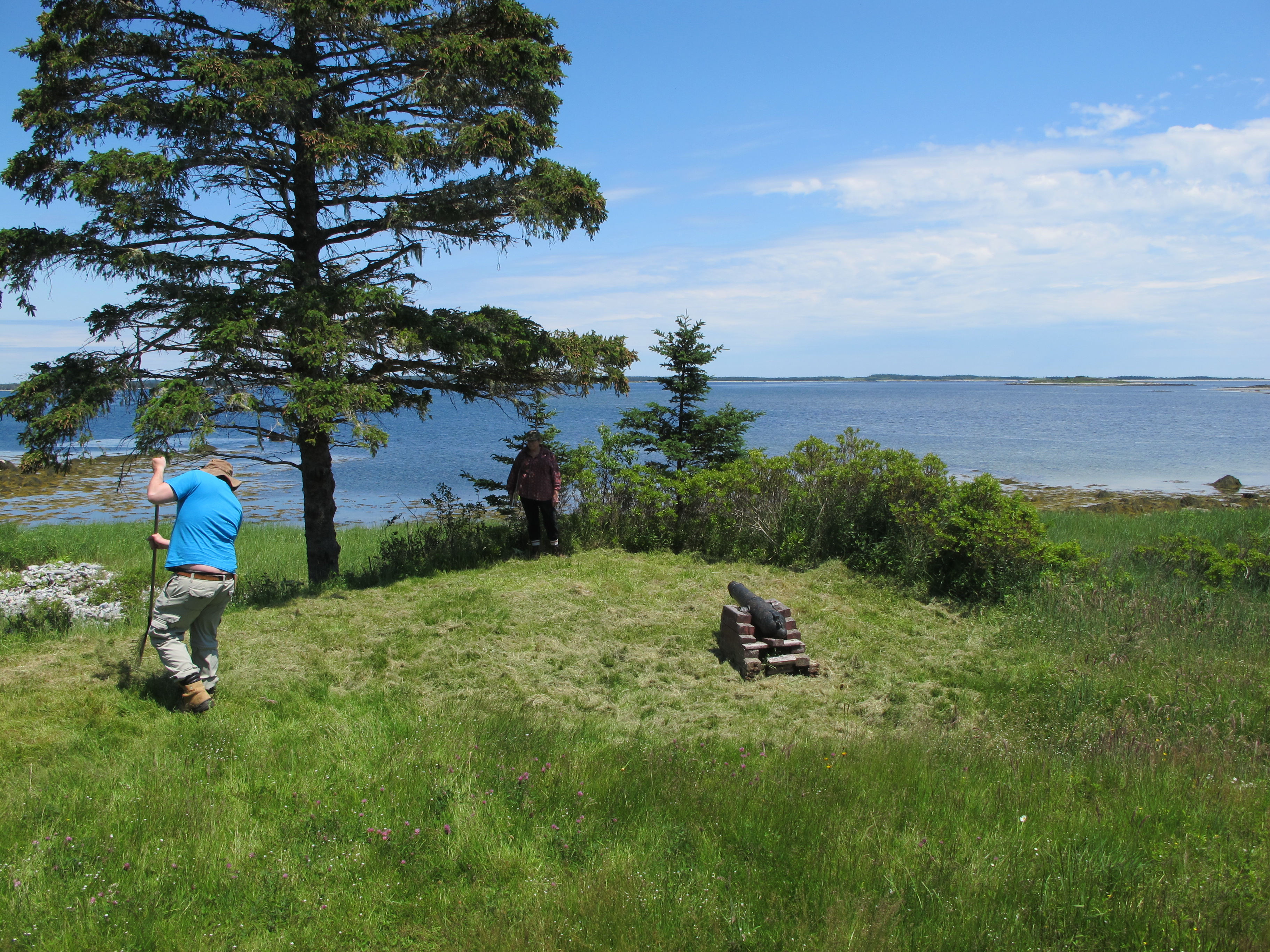
The team is back this summer, building on work done in 2017 and 2018, an archaeological excavation is taking place at Fort Saint-Louis in Port La Tour, Shelburne County. Founded by Charles de la Tour, this 17th century fur trade post depicts early encounters and early trade relations between French settlers and the Mi’kmaq in the region known by the Mi’kmaq as Kespukwitk.
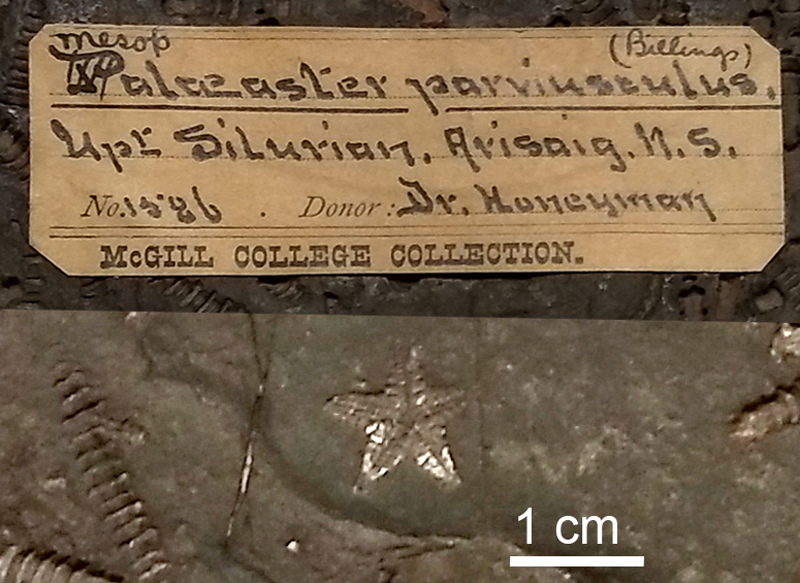
In April 1859, Rev. David Honeyman gave a public lecture on geology, describing the fossils and rocks at Arisaig, Nova Scotia. In his first published paper, David Honeyman reviewed the diversity of fossils he found along the scenic cliffs at Arisaig. Honeyman summarized the brachiopods, cephalopods, and crinoids, but the first fossil he mentioned was a tiny fossil starfish that he had sent to Dr. Dawson.
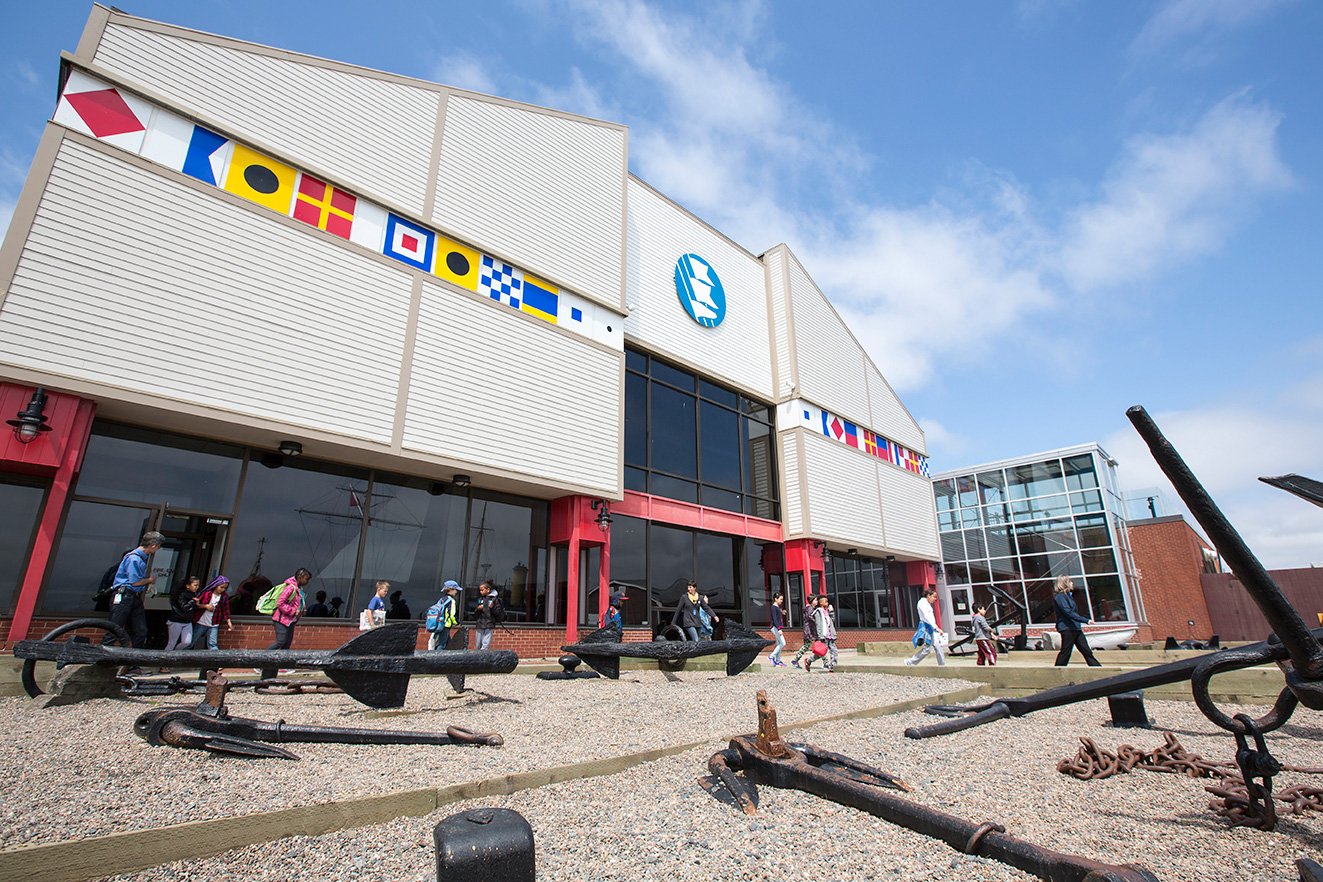
Hello everyone,
Make the Nova Scotia Museum your destination this March Break! Don’t miss out on a wide range of fun-filled, hands-on activities for the entire family.
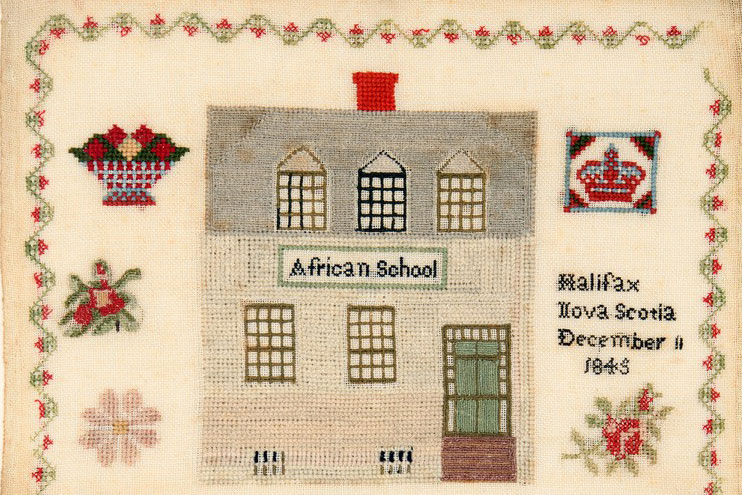
Lisa Bower, Assistant Curator/Registrar, Cultural History Collection, Nova Scotia Museum
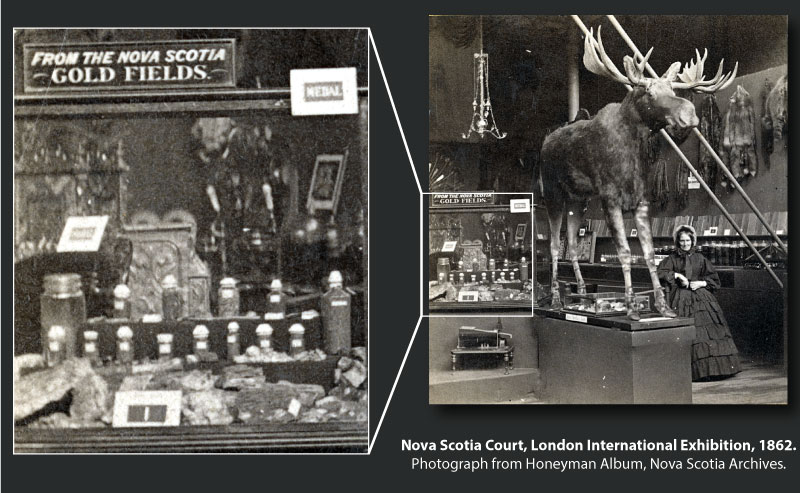
During the past year we have been exploring the impact of the Museum's first Curator, Dr. David Honeyman, and his work representing Nova Scotia at the 1862 International Exhibition in London. Today, as we celebrate the 200th birthday of John Ruskin (Born Feb. 8, 1819), it is exciting to have recently discovered a historical connection between Ruskin and the early geology collection of the Nova Scotia Museum.

Celebrated the third Monday in February, Nova Scotia Heritage Day is an annual reminder of our storied past and an opportunity to honour the remarkable people, places and events that have contributed to this province’s unique heritage. The 2019 Heritage Day Honouree is Maud Lewis.
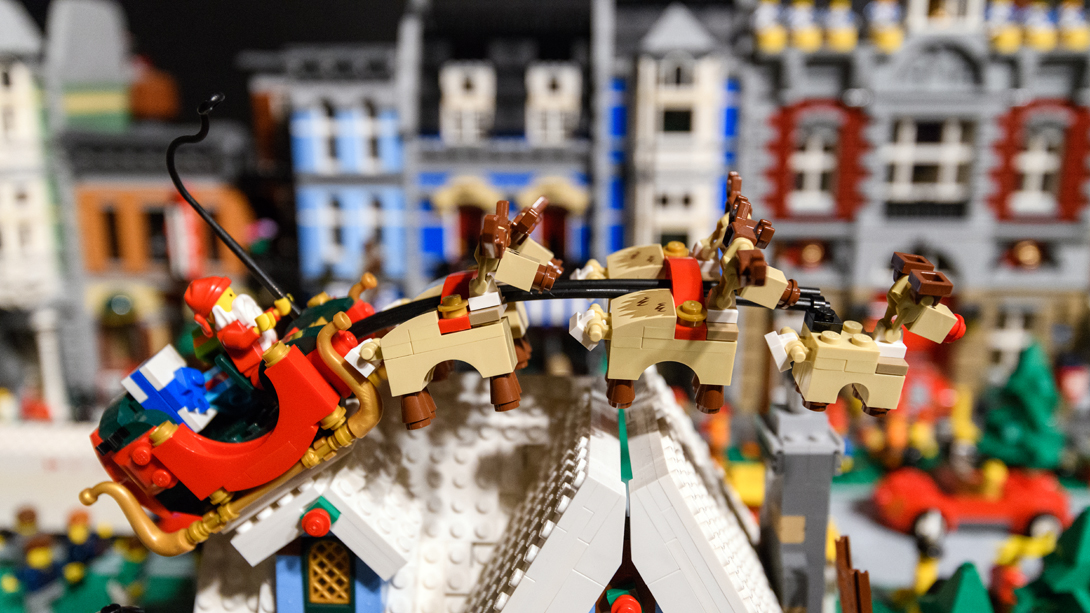
Many of our sites will be open this festive season, start a tradition and spend your holidays at a museum. Many of our seasonal sites have trails, perfect for a winter walk in the woods.
Christmas Eve, December 24 - closed
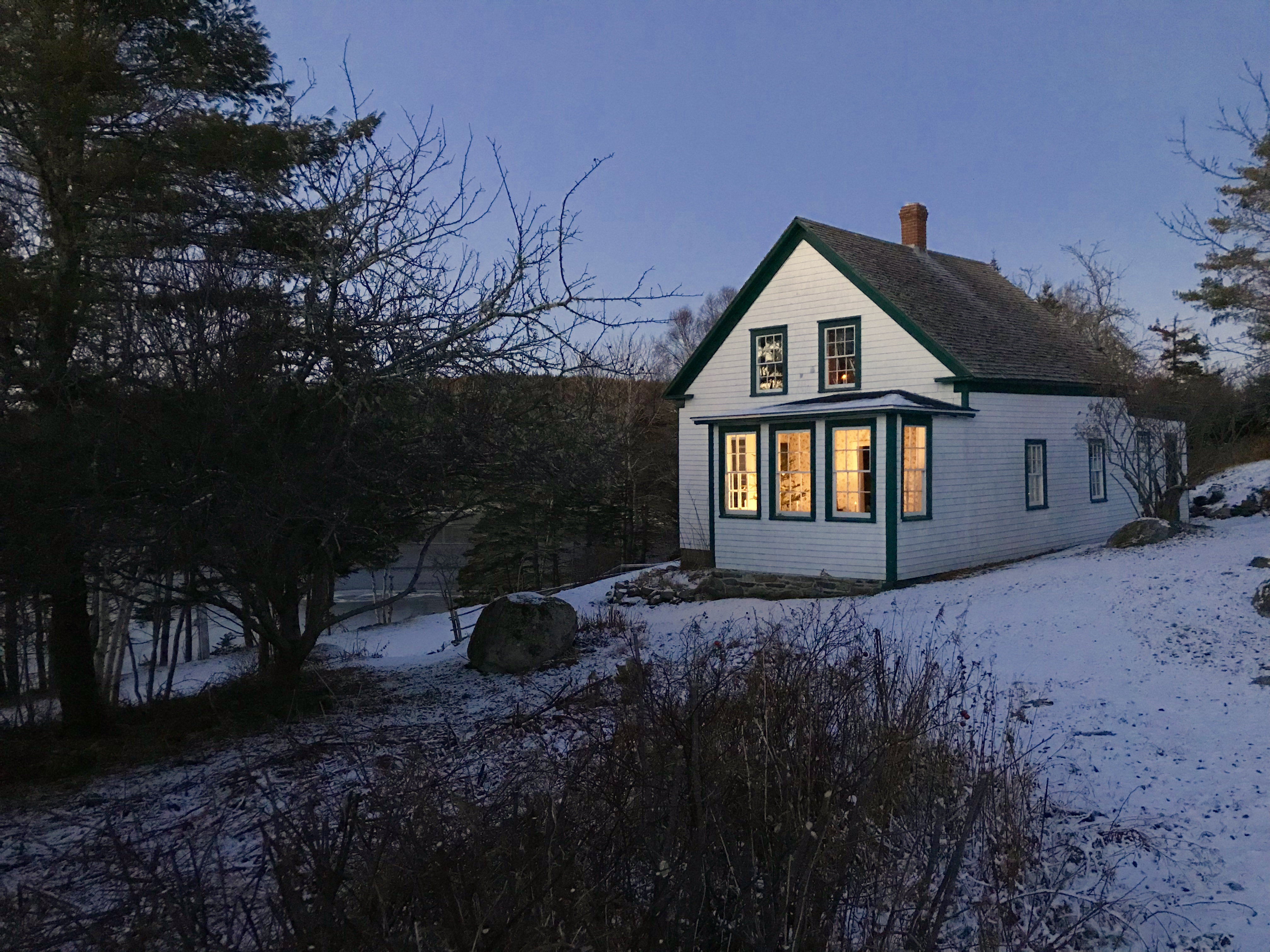
Many of the Nova Scotia Museum sites, specifically the historical houses, are only open seasonally. However, on these dark winter days, it is not uncommon to see a light on in the windows as museum staff quietly work on projects, research, and planning for the next busy year. This winter, the Nova Scotia Museum is exploring our research files to rediscover stories about our museums and the people they celebrate.
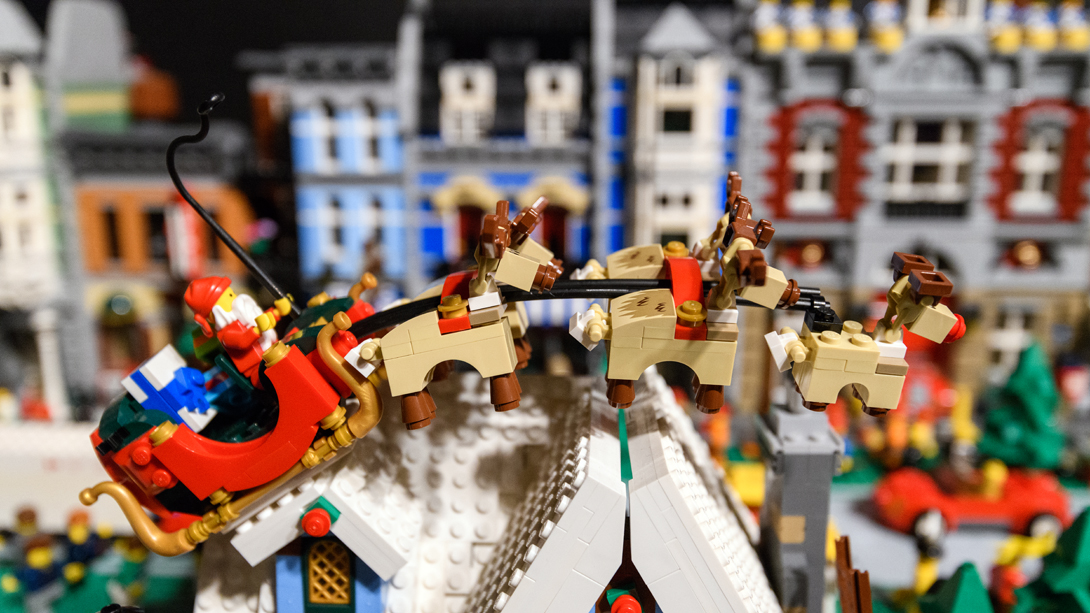
Here's some of the latest events from across the Nova Scotia Museum.
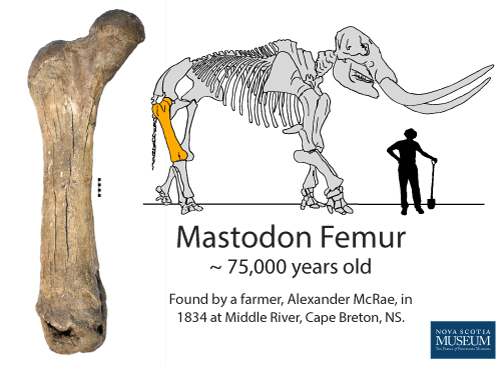
The Mastodon femur recently put back on display at the Museum of Natural History, was found in Middle River, Cape Breton, Nova Scotia. This bone has a big history!
The huge bone was discovered by a Alexander McRae in 1834. Alexander's nick-name was "Big Sandy". We don't know if the Mastodon was a male or female, and it was found along the banks of the river, so Big Sandy might be a good nick-name for this historic femur.
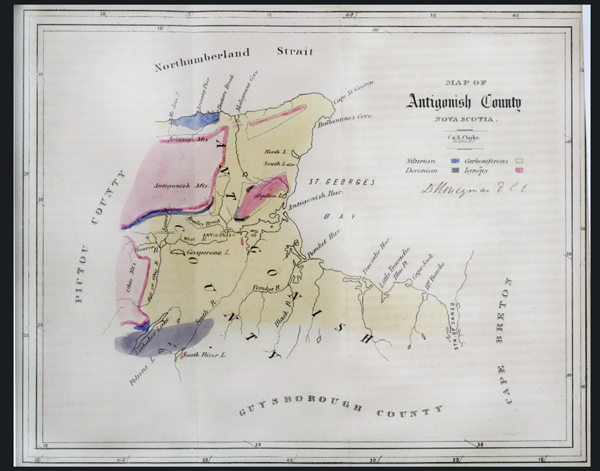
Map of Antigonish County, by David Honeyman, NSIS 1(4), 1867.
During the Museum's 150th anniversary, we are taking time to learn more about the Museum's history - including Dr. David Honeyman, the first Curator of the Nova Scotia Museum. As a paleontologist and geoscientist, I am particularly interested in Honeyman's work studying and promoting the geology of Nova Scotia. There are many stories to share (stay tuned), but it seems appropriate to start with his map.